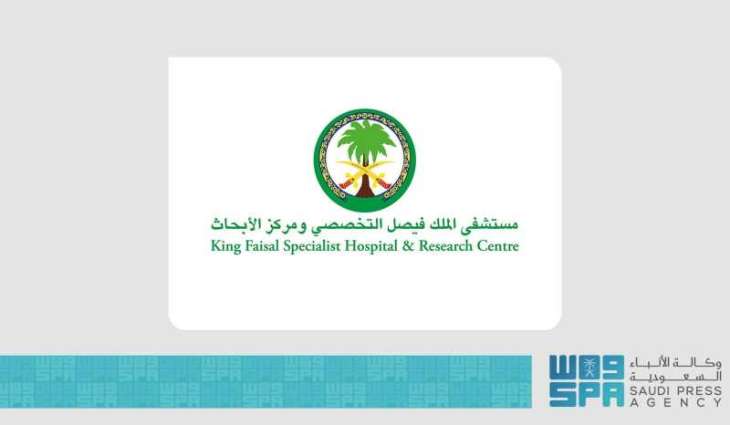Tokyo, September (پاکستان پوائنٹ نیوز 24 سبتمبر 2025ء) Placing this within a historical context, Al Fayyadh noted that no breakthrough in medicine—from vaccines to surgery—succeeded without strong delivery systems and organized infrastructure, and the same principle must guide today’s innovations in robotics, biotechnology, and genomics.
He said that Saudi Arabia's Vision 2030 Health Sector Transformation Program reframes healthcare from a public expense to a driver of innovation and economic diversification. KFSHRC, founded over 50 years ago to reduce reliance on treatment abroad, now anchors this transformation with milestones such as the world’s first fully robotic heart transplant, pioneering car T-cell therapy, and advanced genomic research, while expanding into gene and cell therapy, regenerative medicine, and sustainable models of care.
Underscoring the role of international collaboration, Al Fayyadh invited Japanese stakeholders and global partners to join Saudi Arabia in co-developing research, sharing technologies, and shaping the future of integrated healthcare. The summit served as a platform to reaffirm the Kingdom’s openness to investment and partnerships that accelerate innovation for the benefit of humanity.
In his closing remarks, he stated: “The future of healthcare will be defined by integration, modernization, and collaboration. By redefining healthcare as an investment, we are building not only resilient national systems, but also a stronger and healthier global community.”




